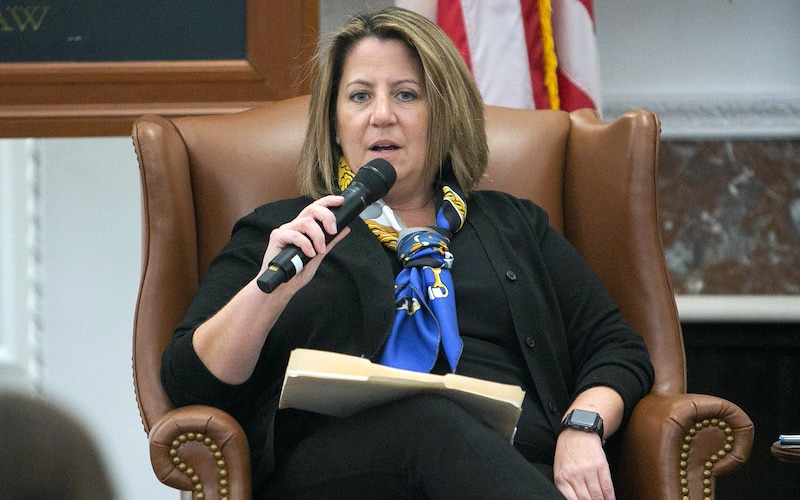The U.S DoJ has freezed around half a million dollars along with crypto that North Korean state-sponsored hackers either gained from the attack on US health care organizations or used to launder ransom payments, according to Deputy Attorney General Lisa Monaco.
The freezed funds include ransoms paid by health care providers in Kansas and Colorado.
North Korean hackers have intensified the ransomware attacks, who mainly perform these attacks for their dictatorship regime or for their own interest. Among these attacks, they have executed some attacks on health services at the organizations for “prolonged periods”.
However, Monaco praised the anonymous Kansas-based organization for informing the FBI about the incident and asked other organizations to do the same to provide extra hands to the bureau to break the chain of ransomware.
The seizures are activated by investments that the FBI, Secret Service, and Treasury Department trace in the crypto payments to cybercriminal groups, including payments that might violate US sanctions.
Earlier this year, the FBI formed a team of crypto intellectuals dedicated to blockchain analysis and seizing digital money. The U.S is actively working to return money to victims of ransomware attacks.
Also Read: Department of Justice to Launch National Crypto Enforcement Team
Last year, North Korean hackers launched an attack on a medical center in Kansas and another medical facility in Colorado, Monaco said in a speech at Fordham University in New York. She stated that U.S authorities initiated the process to return stolen funds to victims who suffered from cyberattacks.
There are numerous businesses and governments out there, which have paid ransom to attackers after getting compromised in the attack. Most of them have not reported such mishaps to authorities.
US cybersecurity experts have earlier stated that they are only aware of a small portion of the ransomware extortions of businesses and local governments.
Now, the US Justice Department is expecting that their call for voluntary cooperation from victims with the new legal parameters will deliver a broad picture of ransomware groups accountable for attacks on the U.S ecosystem.






